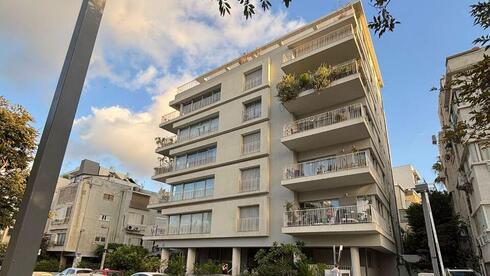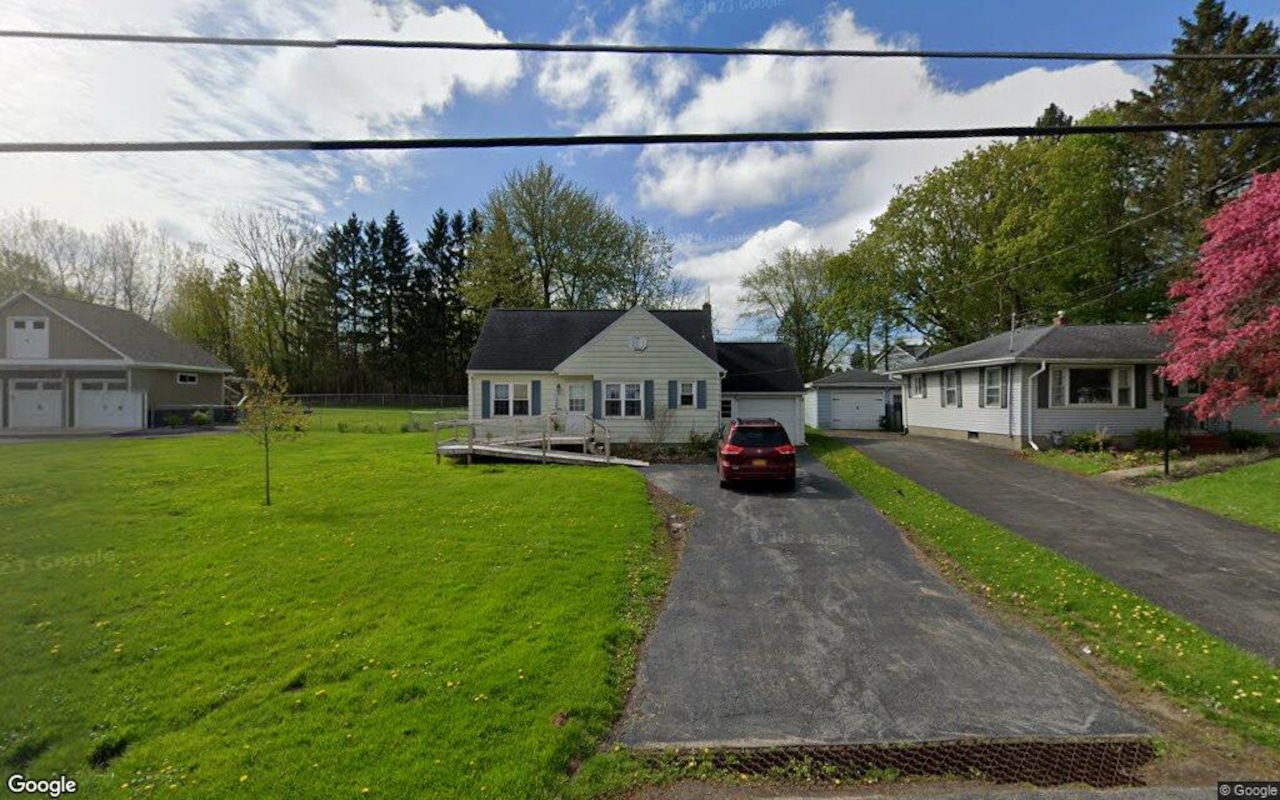A
fter years of navigating the Tel Aviv real estate market, I want to tackle the elephant in the room: prices. Everyone knows that owning a home here comes with a hefty price tag, and for some, it's out of reach. However, for many, it's a dream they've carried for years, and one they're determined to make a reality.
Let's face it – Tel Aviv real estate is expensive. International buyers often do a double take when they see the prices: "You're telling me this two-bedroom apartment costs over 1.5 million U.S. dollars?" I get it; I wish prices were lower too. But here's the thing: people are willing to pay, and that's because Tel Aviv offers something unique.
The city's high property prices can be attributed to a mix of history, economics, and desirability. As Israel's most populated city since its founding in 1948, Tel Aviv quickly became the economic, cultural, and cosmopolitan center. Its reputation as a startup and tech hub drew locals and foreign buyers alike. Land scarcity is another factor; Tel Aviv is tiny, with limited space for development. The bureaucracy also plays a role, with years of slow planning approvals creating bottlenecks in supply.
Demand has far outpaced supply for decades, and buyers keep stepping up. So, why do people pay? It's because Tel Aviv is unlike anywhere else. The city's energy is contagious – from the food scene to nightlife, café culture, and events, there's always something happening. People leave buzzing and can't wait to come back.
I've lived in Tel Aviv for years, and my daily routine showcases its vibrancy. I wake up early, walk along the beachfront to my gym, and then stroll back home on the beach. We have dinner with friends at one of our favorite cafés, or stumble upon an outdoor movie night at the Tel Aviv Port. This spontaneity is a daily occurrence in Tel Aviv.
The city offers proximity to vibrancy and authenticity that can't be replicated elsewhere. People feel younger here; they feel alive. When you ask whether this lifestyle is "worth" the price, you realize it's a deeply personal question. For many, the answer is absolutely yes.
Buyers from abroad often struggle with adjusting to Tel Aviv's small apartment sizes. But in return, they gain access to an entire city at their fingertips. Outdoor gyms, beaches, and cultural events are just a stone's throw away. Israelis who've lived in larger homes outside the city often downsize to Tel Aviv once their kids move out, trading space for energy and accessibility.
Many foreign buyers get stuck comparing prices to their hometowns. "This apartment costs more than my house in Chicago," or "For this money in Thornhill, Toronto, I'd have a four-bedroom house with a yard." My answer is simple: you can't compare. Tel Aviv is a different animal entirely – the high-octane engine of Israel, the high-tech hub, and a deeply emotional touchpoint for buyers abroad.
When comparing Tel Aviv to other cities, it's not apples to apples. The more accurate comparison is Manhattan, central London, or Hong Kong, where prices are also extremely high due to demand. Yet, Tel Aviv takes it to another level, with a deep-seated connection to this country and land that goes far beyond return on investment.
Even with the temporary market slowdown, transactions may be happening in less volume, but the appetite to buy in Tel Aviv will come back with vengeance. Why? Because this city sells itself. Those who can afford it will continue to pay the premium, and those who can't will look at alternatives and make the commute when needed.
For some buyers, Tel Aviv may not make sense, but for many, the juice is worth the squeeze. Just ask anyone who lives here.















